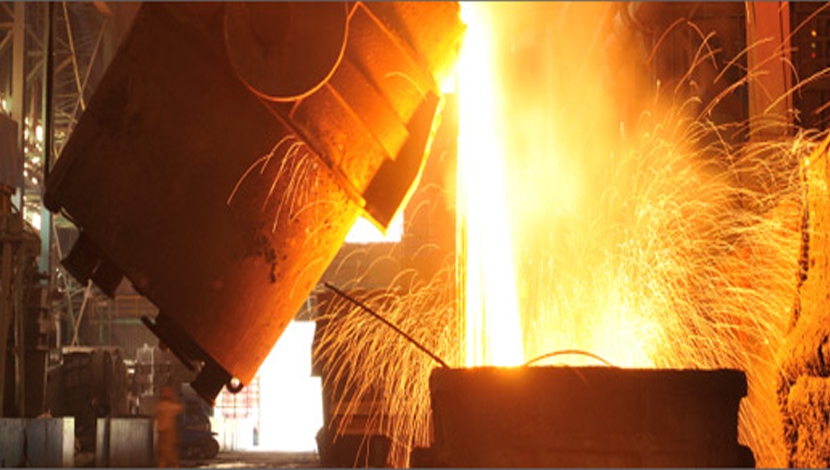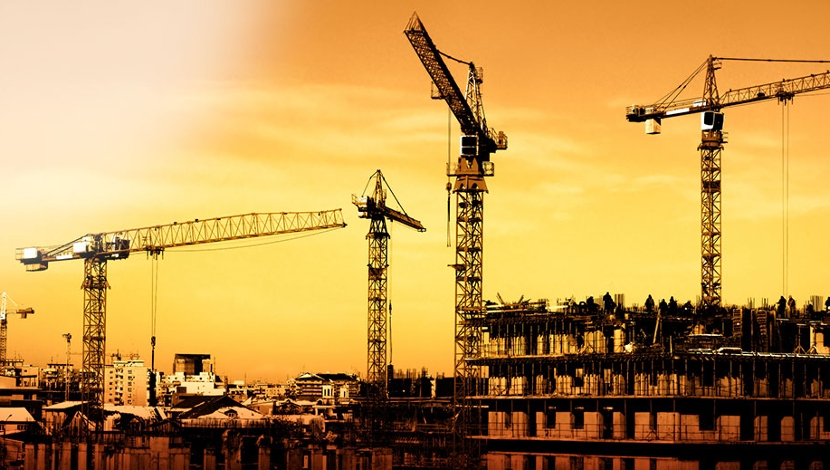

The world’s top economies will work to tackle excess production capacity in steel and some other industries, including government subsidies that have distorted markets, G20 finance officials said on Saturday.
In a draft statement, the G20 finance ministers and central bank governors meeting in China‘s southwestern city of Chengdu said that excess capacity problems, “exacerbated by a weak global economic recovery and depressed market demand, have caused a negative impact on trade and workers.”
Excess capacity in steel industry has been a hot-button issue for many G20 countries this year amid a slowdown in global demand that has led to a steel glut, layoffs and idled mills. Officials from the US and other countries have accused China, which produces over half the world’s steel, for keeping too many steel plants afloat with subsidies and other government support and allowing excess production to be dumped onto world markets.
The US Commerce Department has imposed hefty anti-dumping and anti-subsidy duties against a number of Chinese steel products in recent months, in some cases more than 250% of the selling price. On Thursday, it levied duties of up to 25.6% on imports of cold-rolled flat steel used in cars and appliances from Britain, Russia, India, Brazil and South Korea.





